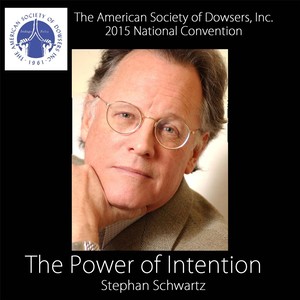
简介
Therapeutic intention expressed through prayer is now and always has been a universal human activity. We wear different clothes. Speak different languages. Eat different foods, spiced by different condiments, consumed using different implements. We worship different Gods, with different rituals. But the overwhelming majority of us not only believe but operationalize some way of opening ourselves to a greater whole in order to express therapeutic intention. We pray. We are mindful. Individuals or minority cohorts may dissent, but it is hard to look across the millennia, seeing therapeutic intention expressed in any one of a thousand ways, and conclude that intention effects, such as those claimed for prayer, are only delusion. Yet, for the skeptics none of this, neither carefully controlled research, nor universal practice, seems to evoke the slightest curiosity. To us it seems long past time to ask skeptics to justify their positions by providing not polemics but careful methodological criticism to justify their assertions. The positive outcomes of prayer research require a new view of consciousness. The conventional local view of the nature of human consciousness, in which the actions of consciousness are confined to the individual brain and body, must eventually yield to a more comprehensive, nonlocal view, in which consciousness also acts beyond the brain in ways that transcend direct sensory contact between humans.



